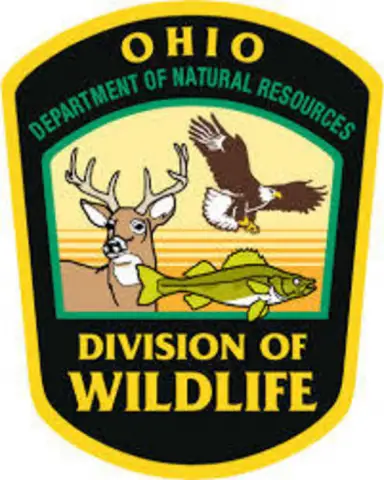In Ohio, hunting is a popular activity, deeply rooted in the state’s culture and tradition. Deer hunting, in particular, attracts thousands of enthusiasts every year. However, this sport is regulated by strict laws to ensure both the safety of participants and the sustainability of wildlife populations. One question that frequently arises among landowners and hunters alike is, “Can a game warden come on private property in Ohio?” Understanding the answer to this question is crucial for anyone involved in hunting in the state.
The Role of Game Wardens
Game wardens, also known as wildlife officers in Ohio, are tasked with enforcing hunting, fishing, and trapping laws. They are empowered to prevent poaching, ensure the ethical treatment of wildlife, and promote safety among hunters. Wardens are trained in both law enforcement and wildlife management, making them essential guardians of Ohio’s natural resources.
Authority of Game Wardens
In Ohio, game wardens have specific powers granted by the state. These include the ability to:
- Inspect hunting licenses and tags
- Enforce bag limits and seasons
- Investigate reports of poaching or illegal trapping
- Conduct surveillance on suspected illegal hunting activities
Access to Private Property
The crux of the issue lies in the game warden’s authority to enter private property. In general, like any law enforcement officer, a game warden needs a warrant to enter private property without consent. However, there are exceptions to this rule, especially when it comes to open fields and areas not immediately adjacent to a residence.
Open Fields Doctrine
The Open Fields Doctrine, established by the U.S. Supreme Court, allows game wardens to enter and search open fields without a warrant. This means that undeveloped or agricultural lands, which are common in rural Ohio, can be entered by wardens if they believe hunting laws are being violated.
Exceptions and Limitations
It’s important to note that the Open Fields Doctrine does not extend to curtilage, which is the land immediately surrounding and associated with a home. For these areas, a warrant or permission is generally required for a game warden to legally enter.
Understanding Your Rights
As a landowner or hunter in Ohio, knowing your rights is imperative. While respecting the authority of game wardens, you also have the right to privacy and security on your own property.
What to Do If Approached by a Game Warden
If a game warden approaches you on your private property, it’s advisable to:
- Remain calm and polite
- Ask if they have a warrant, if they intend to search your property
- Provide your hunting license and any other requested documents
Conclusion
In conclusion, while game wardens play a vital role in conserving wildlife and ensuring safe hunting practices, their powers have limitations, especially when it comes to private property. Understanding these boundaries helps maintain a balance between lawful hunting activities and wildlife conservation efforts in Ohio.

